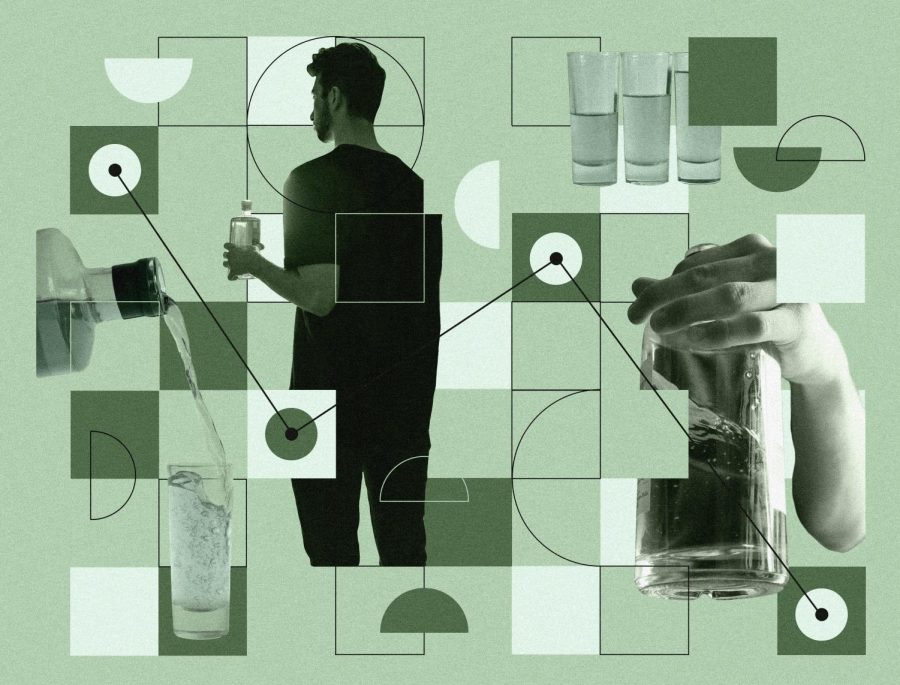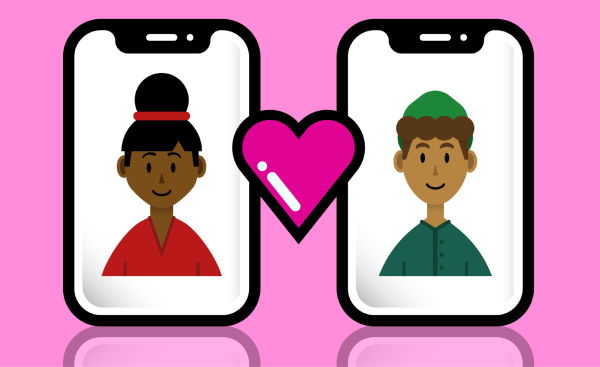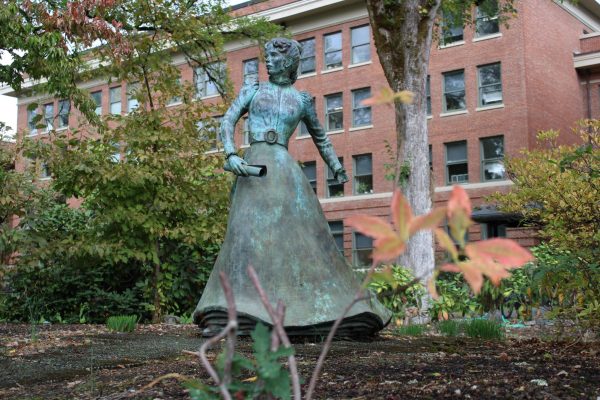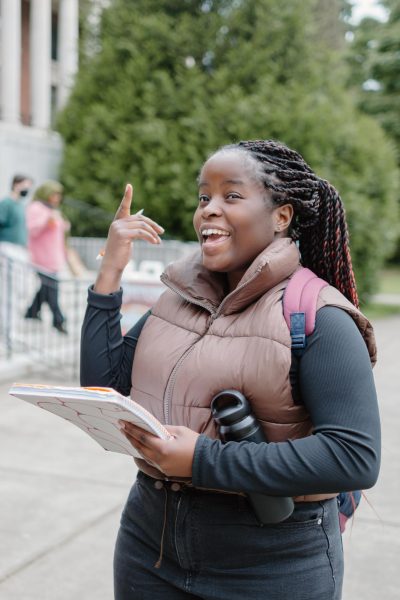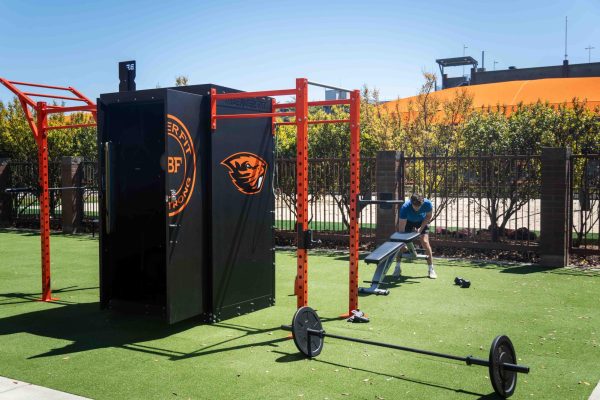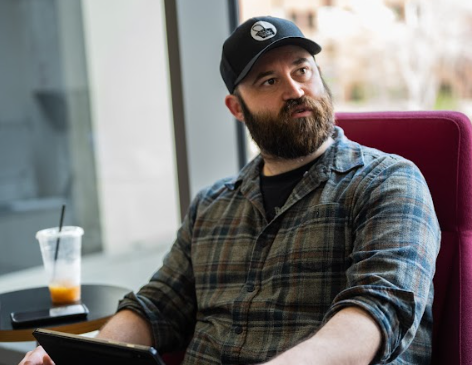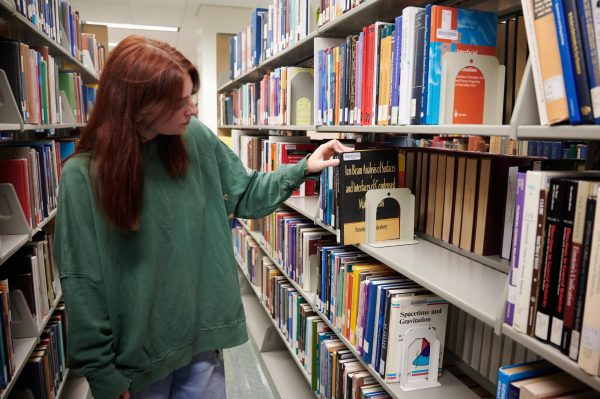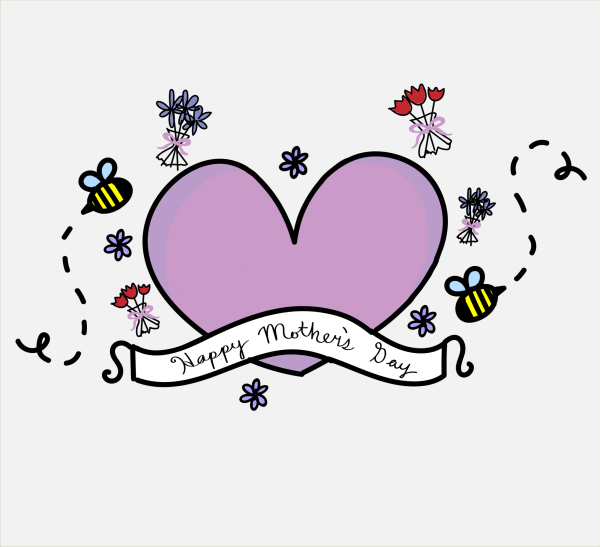How to help a friend with substance use problems
Photo by Ashton Bisner, OMN Photo Lead & Photo Illustration by Alan Nguyen, OMN Creative Lead
A collage of photo illustrations involving various types of alcohol taken on March 18 in Corvallis with model Ashton Bisner. If you or a loved one is struggling with substance abuse, you can call OSU’s Student Health Services at (541) 747 – 9355.
April 25, 2023
So you care about your friend and you want to help, but fear overstepping. Know that it is better to “overstep” understanding rather than blame.
If left untreated, substance use disorder may cause major problems with health, work, school and home life. You can simply start by having a conversation with them, but there’s a strategic, helpful way to go about it.
Firstly, make sure to educate yourself on whatever substance they are using. It may be helpful to know more about its direct negative effects. Be careful when addressing the dangers of their patterns. The National Institute on Drug Abuse emphasizes the importance of trying not to feed into the stigma that surrounds addiction. Remember to avoid using terms such as “junkie” or “addict,” and instead recognize they are dealing with substance use disorder.
The Centers for Disease Control and Prevention state that there is a common misconception that addiction is a character flaw, but in actuality it is a disease—one that is thankfully treatable.
The Substance Abuse and Mental Health Services Administration explains that substance use disorder can happen to anyone and oftentimes develops from unaddressed trauma, so you have to come from a place of understanding rather than blame. Your goal is to help them, not scold them.
When you decide to speak to them about the issue, The University of Rochester Medical Center suggests meeting in a quiet, private place. Make sure they are not under the influence of any substance during your conversation. Instead of jumping right into “I think you have a problem,” begin by explaining your concerns with specific examples of their behaviors to give them a better understanding of where you’re coming from.
You may also bring up the effects of their substance abuse on themselves, but it’s likely they might not be too concerned about their own health.
The medical center also advises to try to incorporate how your friend’s drinking or drug use is affecting something else they deeply care about. Express that you’re there to help them, not trying to shame them. Ask open- ended questions, and listen attentively. Let them explain what they’re feeling.
The goal is to not only guide them towards getting help, but also to show that you’re there to support them. Assure them that they are not alone, and it is not their fault. As the conversation ends, try to ask what they think they should do, rather than what you think. Lead them to wanting to take action towards recovery.
It is normal for these discussions to not always go smoothly. Changegrowlive.org says that even a careful conversation may result in an array of reactions from your friend. They may feel angry or ashamed, and brush you off.
If needed, it may be helpful to apologize for upsetting them in any way and explain that it was not your intention. You want to make sure it ends on good terms, especially if you want to help them. Don’t be discouraged, and try to stay calm no matter their reaction.
Know that even if the conversation was unsuccessful, it likely wasn’t for nothing. They might not be ready to talk now, but you may have opened their mind to thinking about it, something that may later help them gain the courage to seek help. In the meantime, try to gently check in with your friend to show your support.
Student Health Services provide substance use counseling, education and recovery support to students seeking help for substance use. If you are interested in scheduling an appointment or consultation call (541) 747-9355, visit Plageman, or send questions via your secure patient portal.
“Students set goals related to substance use education, harm reduction, physical health, recovery, mental wellness, improving grades, relationships and other life areas,” said SHS counselor Jay Vandenbogaard in a video on the organization’s website under the “Substance Use Services” section.
Vandenbogaard is also on site at Dixon Lodge’s Collegiate Recovery Community, which is a substance-free environment that offers 10 weekly peer support groups along with housing for those in recovery. For more information on the CRC, visit the website at https:// studenthealth.oregonstate. edu/crc or email recovery@ oregonstate.edu.


